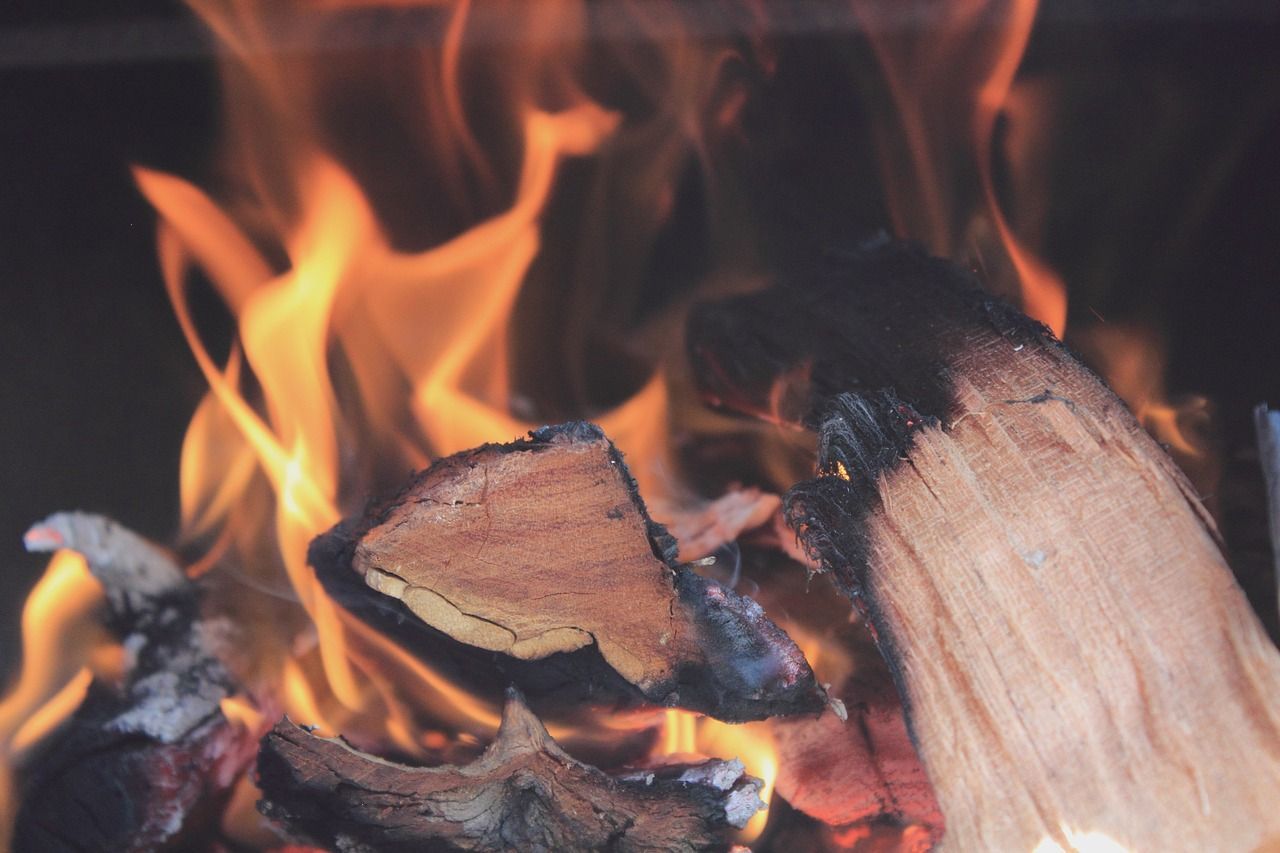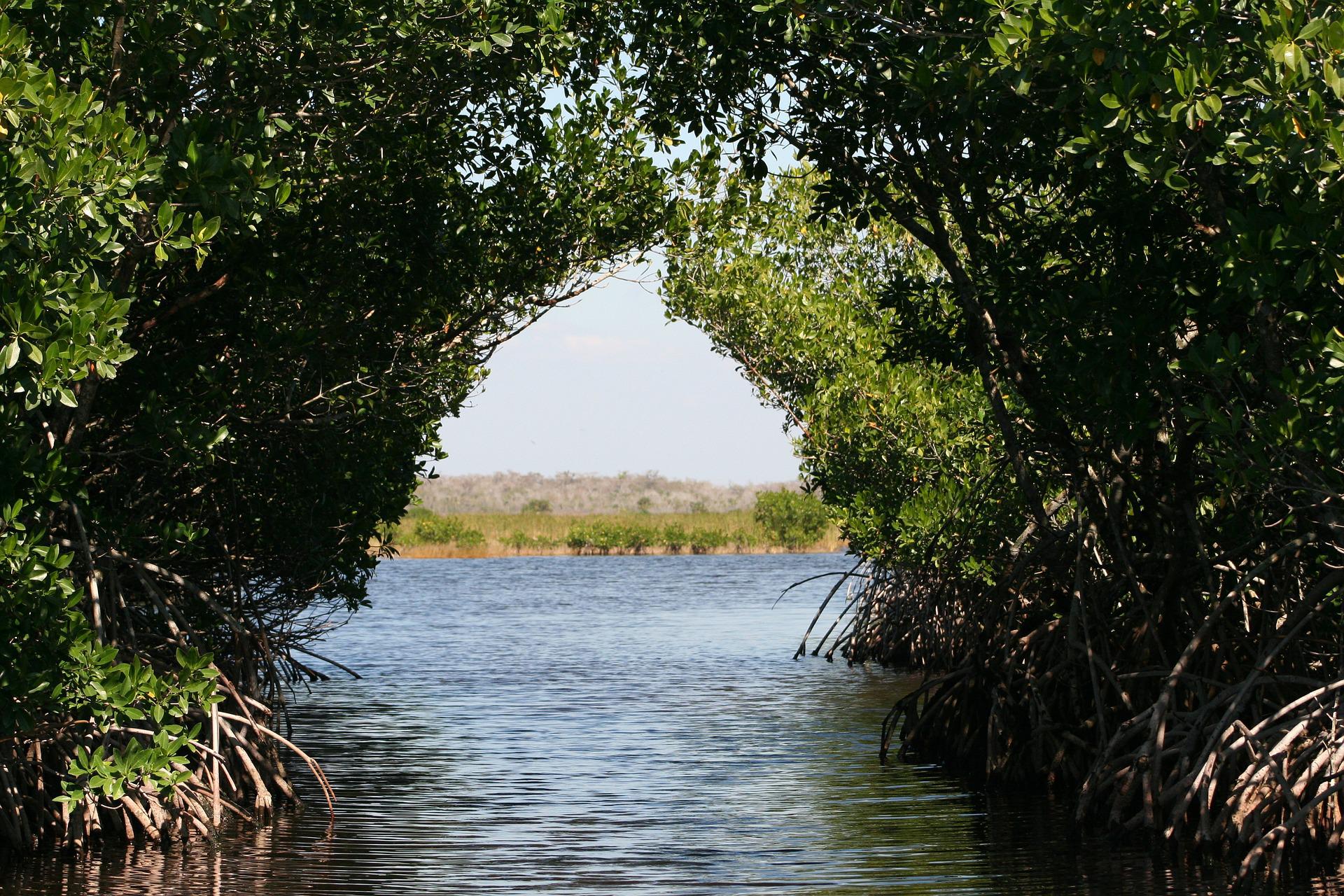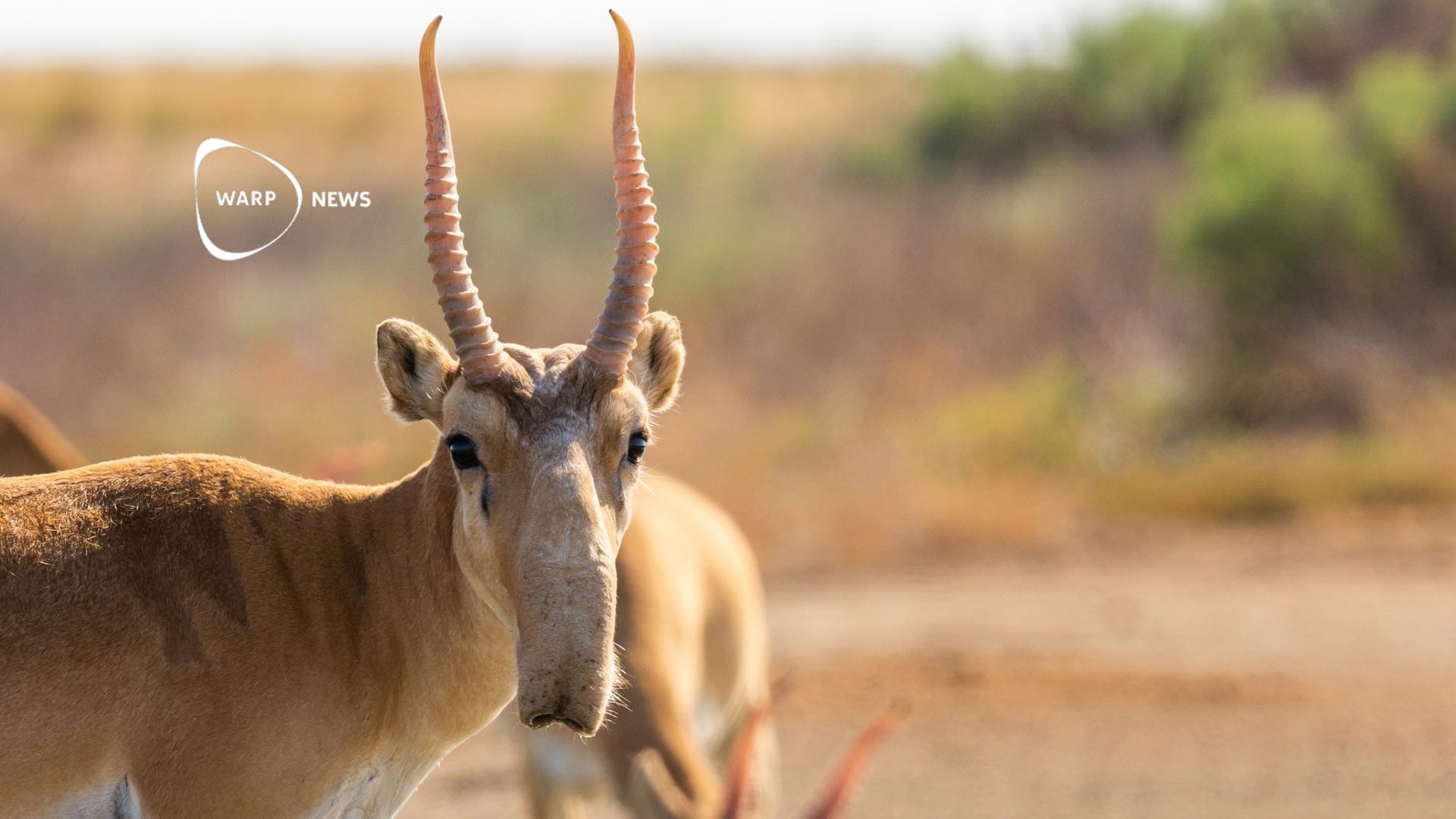
🔥 New stoves can save hundreds of thousands of lives in Africa
By switching to gas or electricity instead of wood and charcoal, many people would avoid inhaling dangerous gases when cooking.
Share this story!
Wood and charcoal stoves are still very common in African homes. Unfortunately, burning wood and charcoal emits dangerous gases that give many people problems with the respiratory tract and which can eventually lead to serious illness and premature death.
Switching to gas or electric stoves would save many lives, but not all places are able to make that switch. In order for the authorities to more easily calculate the costs and benefits of switching to alternatives at a local level, researchers at KTH have developed a computer program called Onstove.
“Onstove shows that replacing traditional wood- and charcoal-burning stoves in sub-Saharan Africa could prevent as many as 463,000 deaths. We also see a cost saving for the healthcare of 66 billion dollars," says Francesco Fuso-Nerini, senior lecturer at KTH and one of the researchers behind the tool, in a press release.
According to the study, the necessary investments in new stoves would cost $7.5 billion. A lot of money, but still a small part of what the healthcare costs are and only 0.5 percent of what is spent annually in the world on energy investments according to Francesco Fuso-Nerini.
The tool has begun to be used in Kenya to help governments there transition to "clean cooking."
"The tool has been well received where we have started using it, and there is great interest from various organizations and governments. But it's a complex issue and this is one of the first tools that give good information and a good picture of what you would need to transition from these bad ways of cooking," says Francesco Fuso-Nerini.

By becoming a premium supporter, you help in the creation and sharing of fact-based optimistic news all over the world.



